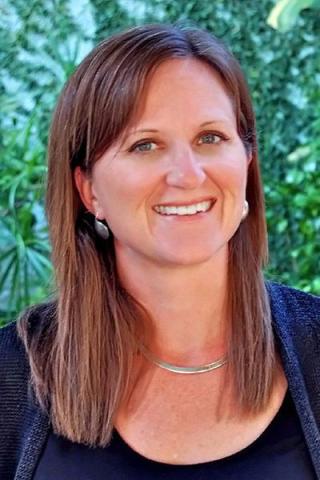Sarah Hinshaw-Fuselier, PhD, LCSW
Assistant Professor of Psychiatry

Education & Affiliations
Biography
Years at Tulane:
Since 2015
Dr. Hinshaw-Fuselier's interests primarily focus on supporting healthy relationship development in infancy and early childhood, directly with families and through workforce development of family-serving professionals. Clinically, most of her work has been in assessment and treatment of parent-child relationship problems, anxiety, trauma, and child custody issues for very young children. She has led early childhood mental health consultation programs, previously for home visitors and currently for pediatric healthcare clinicians, with one of the main goals being to improve access to mental health care for vulnerable families. Dr. Hinshaw-Fuselier has also engaged in policy efforts to address early childhood mental health literacy and access.
Contributions
Grady, G., Hinshaw-Fuselier, S., & Friar, N. (2019) Expanding perspectives: A social inequities lens on intimate partner violence, reproductive justice, and infant mental health. Infant Mental Health Journal, 40(5), pp. 624-639.
Hinshaw-Fuselier, S., Zeanah, P., & Larrieu, J. (2018). Training in infant mental health. In C.H. Zeanah (Ed.), Handbook of Infant Mental Health (4th ed.). New York: Guilford Press.
Heller, S., Boris, N., Hinshaw-Fuselier, S., Koren, N., Miron, D., & Page, T. (2006). Reactive attachment disorder in maltreated twins: Follow-up at age eight. Attachment and Human Development, 8(1), 63-86.
Hinshaw-Fuselier, S., Boris, N., Heller, S., & Parton, V. & Robinson, L. (2004). Trauma and attachment: The case for disrupted attachment disorder. In J. Osofsky (Ed.), Young Children and Trauma (pp. 4768). New York: Guilford.
